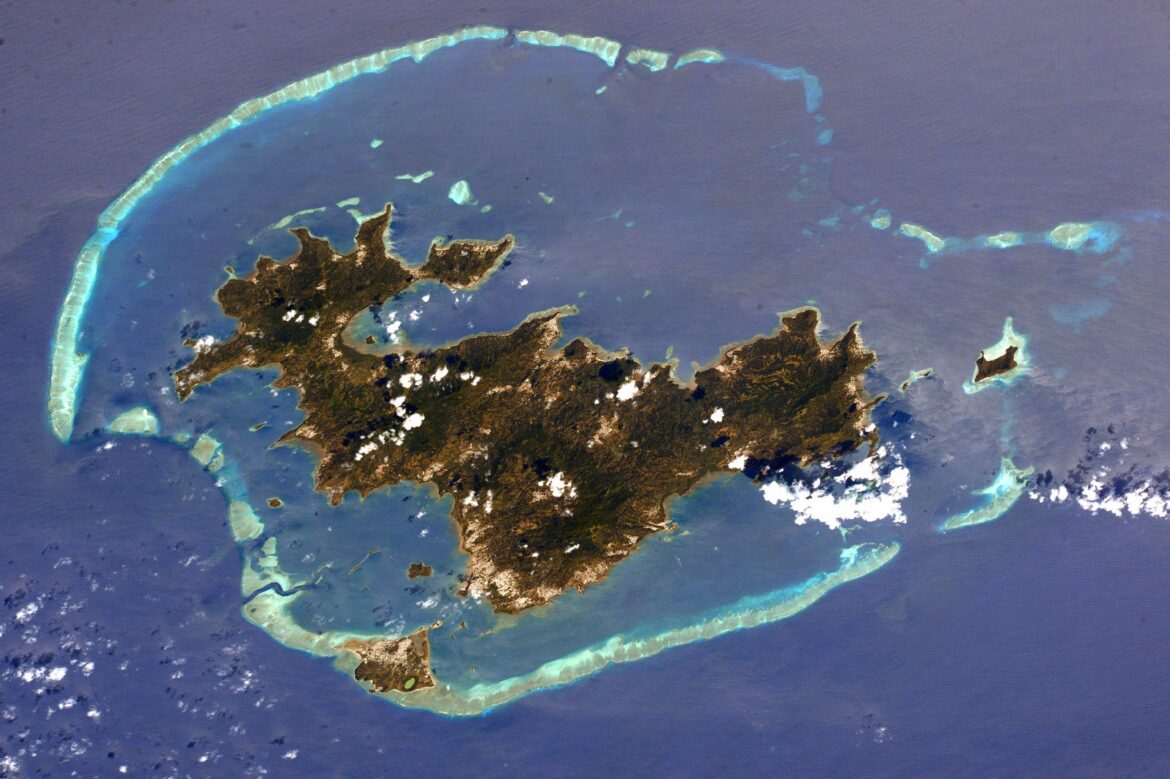Mayotte, an island nestled in the Indian Ocean, stands as a unique anomaly within the mosaic of France’s overseas territories. While it became France’s 101st department in 2011, the tumultuous history of this island within the Comoros archipelago is a testament to its resistance to the currents of decolonization. The 1974 Comorian independence referendum was a particularly pivotal moment in Mayotte’s trajectory. Despite witnessing an overwhelming vote in favour of independence across the archipelago, Mayotte defied this tide and opted to remain tethered to France.This decision, although unrecognized by the United Nations, has forged a distinctive identity for the island and raised critical questions about its relationship with neighbouring lands.
Socioeconomic Struggles
Mayotte paints a stark portrait of disparity, earning the grim distinction of being the poorest department in France. With half of the population subsisting on less than €160 per month in 2018 and a staggering 84 percent languish below the poverty line, in stark contrast to the 16 percent of mainland France, poverty is entrenched. This economic chasm is mirrored in per capita wealth, which lags fivefold behind mainland France, while the price differential between Mayotte and France is estimated at 161 percent. Across various sectors such as education, the economy, and healthcare, Mayotte trails far behind its metropolitan counterpart. Despite its departmental status, Mayotte remains excluded from the ambit of universal health coverage (Couverture Maladie Universelle: CMU) enjoyed by other French departments.
Moreover, the minimum wage in Mayotte falls significantly short of the gross minimum wage in mainland France, creating a substantial income divide. This rift extends beyond national borders and is acutely felt in the Comoros archipelago, particularly on the island of Anjouan, just 70 kilometres away. The consequences of this economic chasm manifest in high levels of migration, exacerbating the island’s already overstretched infrastructure.
Mayotte is one of the most densely populated areas in France, yet a staggering two-thirds of its dwellings teeter on the precipice of precarity. In fact, a third of primary residences lack basic amenities such as running water and access to electricity, consigning a significant portion of the population to squalid shantytowns. On top of this, the island is grappling with its worst drought since 1997, compelling authorities to ration water access, further imperilling the already dire living conditions of its inhabitants. This precarious environment also casts a long shadow over education, with one in three Mahorais having never attended school, an unthinkable situation in mainland France. The French government seems to be advocating for schooling starting at the age of 3, but recognizes the enormous challenge given the existing conditions.
Geopolitical and Economic Significance
While the island grapples with dire living conditions and educational challenges, its significance transcends its socioeconomic struggles. As General de Gaulle observed in 1969, « L’activité des hommes se tournera de plus en plus vers la recherche de l’exploitation de la mer. Et, naturellement, les ambitions des Etats chercheront à la dominer pour en contrôler les ressources… » (the search for the exploitation of the sea will become a pivot of human activity). The ascendancy of maritime power is undeniable, and Mayotte’s optimal geostrategic position makes it a linchpin in French geopolitics. Nestled in the Indian Ocean, at the epicentre of astride major oil routes and contemporary geopolitical tensions, including the rivalries of India and China, Mayotte has immense significance. Situated alongside the Spars Islands, it affords France mastery over the entire Mozambique Channel, establishing it as a maritime power of global consequence.
Beyond its strategic positioning, Mayotte also boasts abundant resources, including fisheries and burgeoning energy reserves. Recent discoveries of substantial gas deposits have underscored its potential economic value. However, the region grapples with overfishing, prompting localized initiatives to address this ecological challenge.
Mayotte’s complex identity, marked by defiance during the Comorian independence referendum, is a microcosm of socioeconomic struggles and geopolitical significance. While it grapples with dire living conditions, its strategic location in the Indian Ocean and the vast potential of its resources make it a priority in French geopolitics. However, Mayotte’s unsettled status and its lack of recognition by the United Nations poses the risk of perpetuating instability within the Comoros archipelago, where Mayotte’s continued separation holds the potential to sow lasting discord. The island’s narrative is an intricate tapestry woven from threads of identity, adversity, and geopolitical significance, rendering it a captivating subject that beckons deeper contemplation.
Edited by Sabrina Nelson

Asia Zanelli is a U2 student pursuing a Joint Honours BA in Political Science and International Development with a Minor in Italian Studies. She is a writer for Catalyst and looks forward to use this platform to engage in meaningful discussions about subjects close to her heart.

